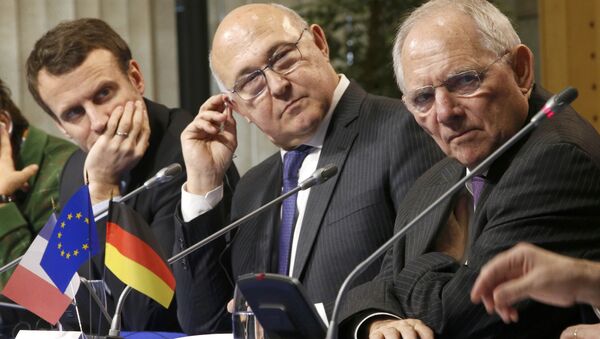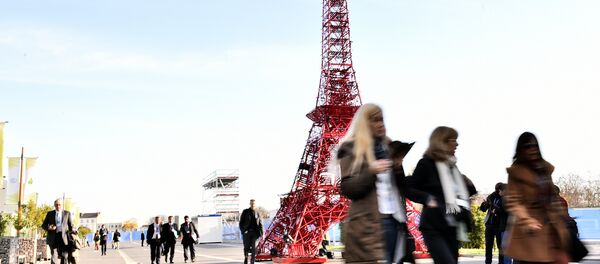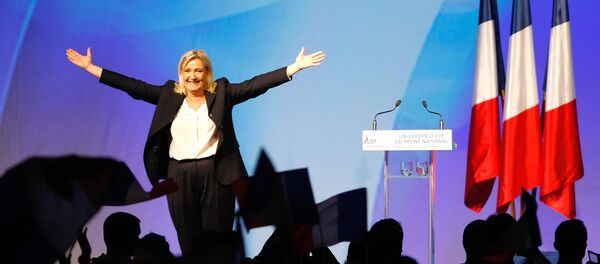The terror attacks exposed deep flaws in information-sharing between the EU states, as well as a lack of capability within its law enforcement agency Europol. The European Commission in January proposed a series of measures designed to cut off the financing of terrorism.
First Vice-President Frans Timmermans, said: "We have to cut off the resources that terrorists use to carry out their heinous crimes. By detecting and disrupting the financing of terrorist networks, we can reduce their ability to travel, to buy weapons and explosives, to plot attacks and to spread hate and fear online".
"We have to cut off the resources that terrorists use to carry out their heinous crimes." https://t.co/aYCk7aH2zB pic.twitter.com/Rol92jvw3R
— Frans Timmermans (@TimmermansEU) February 2, 2016
"In the coming months the Commission will update and develop EU rules and tools through well-designed measures to tackle emerging threats and help national authorities to step up the fight against terrorist financing and cooperate better, in full respect of fundamental rights. It's crucial that we work together on terrorist financing to deliver results and protect European citizens' security," Timmermans, said.
Too Little, Too Late?
The European Commission Action Plan is set to focus on two main strands of action: tracing terrorists through financial movements and preventing them from moving funds or other assets; and disrupting the sources of revenue used by terrorist organizations, by targeting their capacity to raise funds.
However, at a press conference in Paris, French Finance Minister Michel Sapin, and his German counterpart Wolfgang Schäuble, said the Action Plan contained good proposals but:
"We have to accelerate the process. We now have only one concern: that these plans be adopted extremely rapidly at the European level, to allow them to be applied as soon as possible in each of our countries."
Cazeneuve was particularly angry that one of the November 13 attackers — Abdelhamid Abaaoud — was known to some EU intelligence agencies, but France was not warned about him. Three days after the attacks, a national intelligence service "outside Europe" had tipped-off the French that Abaaoud had been sighted in Greece.




